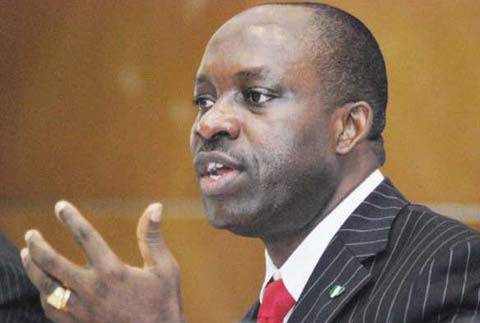Anambra State Governor, Charles Soludo, has emphasized the need for a comprehensive economic reset in Nigeria, citing the removal of the fuel subsidy as a pivotal moment for the nation’s socio-economic transformation. Soludo made these remarks while delivering the 13th Convocation Lecture at Veritas University, Abuja, titled “Let Us Make a New Deal for Nigeria.”
Governor Soludo, who is also a former Central Bank of Nigeria (CBN) Governor, highlighted that President Bola Ahmed Tinubu’s decision to end the fuel subsidy on May 29, 2023, has initiated a significant economic disruption, necessitating urgent reforms. He urged Nigerians to seize this moment as an opportunity to chart a new course for the country’s development.
In his address, Soludo acknowledged ongoing national debates, including concerns over the safety of the government’s Compressed Natural Gas (CNG) initiative. He noted that while Malaysia has opted to phase out Natural Gas Vehicles (NGVs) over safety fears, Tinubu’s administration has clarified that Nigeria is focusing solely on CNG, avoiding the risks associated with Liquefied Petroleum Gas (LPG).
Soludo also weighed in on the current economic challenges, including frequent grid collapses in the power sector. He expressed optimism that recent recommendations by the investigative committee on grid stability, as presented to the Minister of Power, Adebayo Adelabu, would help resolve these issues within six months.
Turning his attention to recent legislative debates, Soludo commented on the federal tax reform bills proposed by President Tinubu. He argued that, while the bills aim to streamline Nigeria’s tax framework, their timing could exacerbate economic hardship for many citizens. He acknowledged the concerns raised by Senator Ali Ndume and the Northern Governors’ Forum, who have called for a reconsideration of the bills given the current economic climate.
Soludo called for a shift away from unsustainable subsidies that primarily benefited the urban elite. He proposed a “New Deal” for Nigeria, inspired by historical economic recovery plans like the U.S. Marshall Plan, which rebuilt Europe after World War II. He advocated for a national infrastructure plan that includes public works projects, financial reforms, and regulatory changes to create a more inclusive and productive economy.
The governor also reflected on his own educational journey, noting how government investments in education during Nigeria’s early oil boom years enabled him to access quality, subsidized education. He called on the current generation of leaders to prioritize investments in human capital development.
Addressing the graduating students, Soludo urged them to play an active role in shaping the country’s future. He encouraged them to embrace the challenges ahead with a mindset of innovation and resilience, stating, “The future is in your hands. While Nigeria may not have given you much, you are expected to contribute more than you have received.”
In conclusion, Soludo highlighted signs of progress, such as the minimum wage legislation and proposed cash transfer programs, and emphasized the need for coordinated efforts between federal and state governments to effectively implement these reforms. He reiterated his call for a pragmatic, forward-looking approach to rebuilding Nigeria’s economy and society.






Leave a Reply